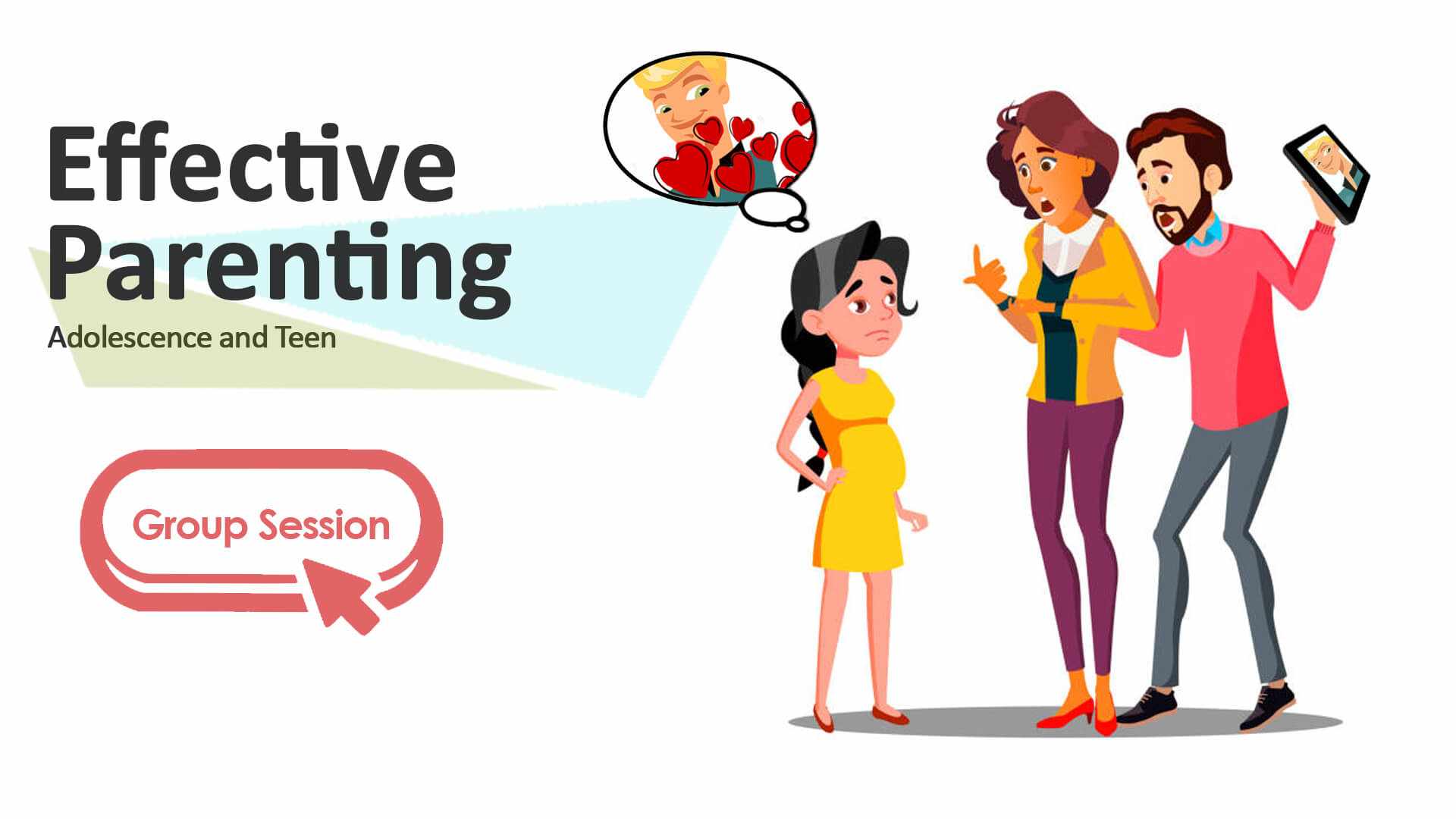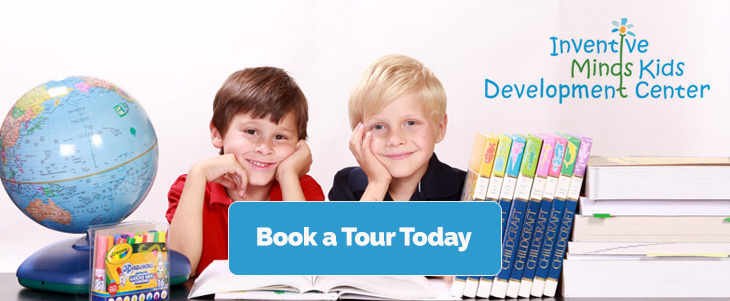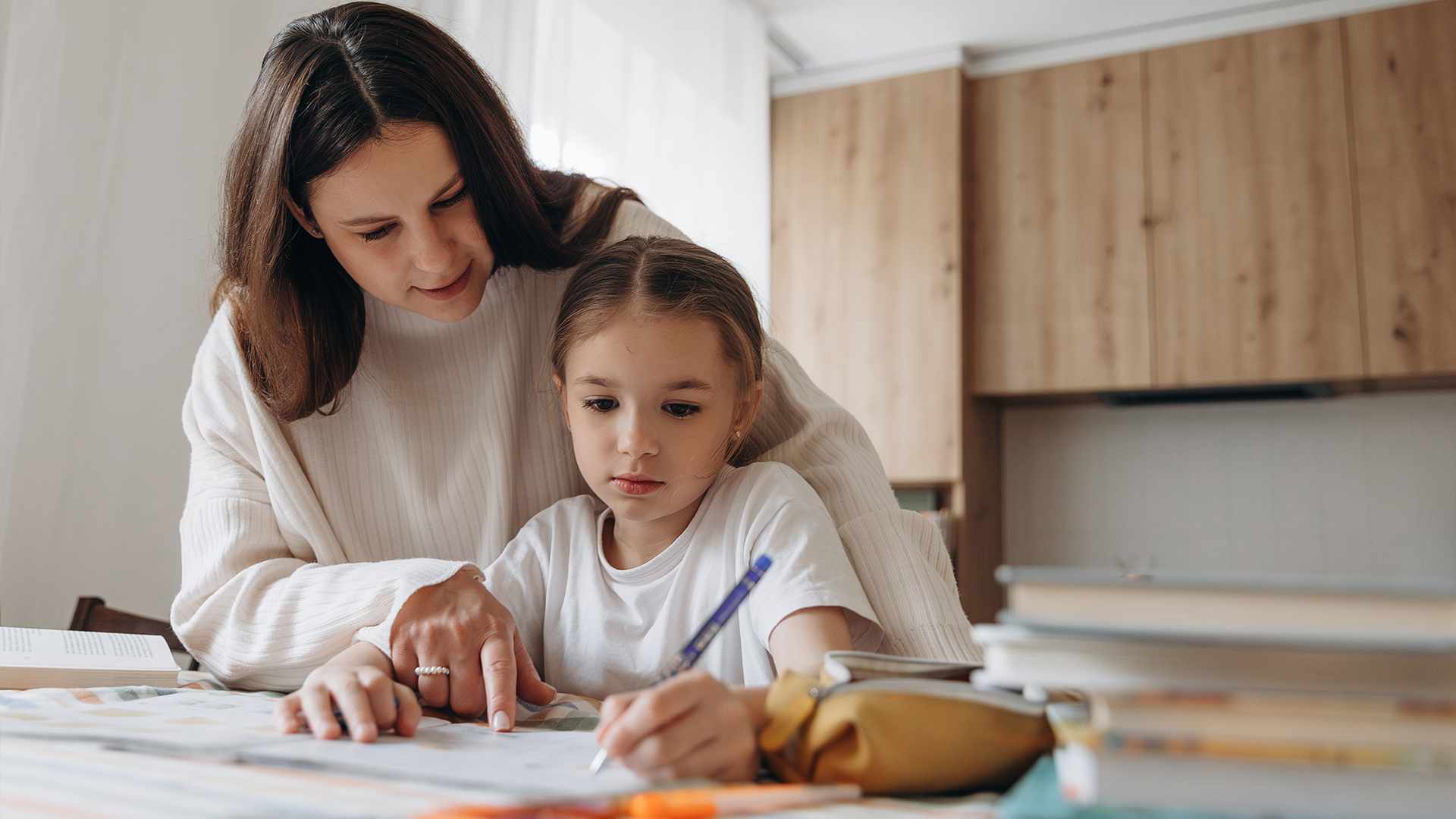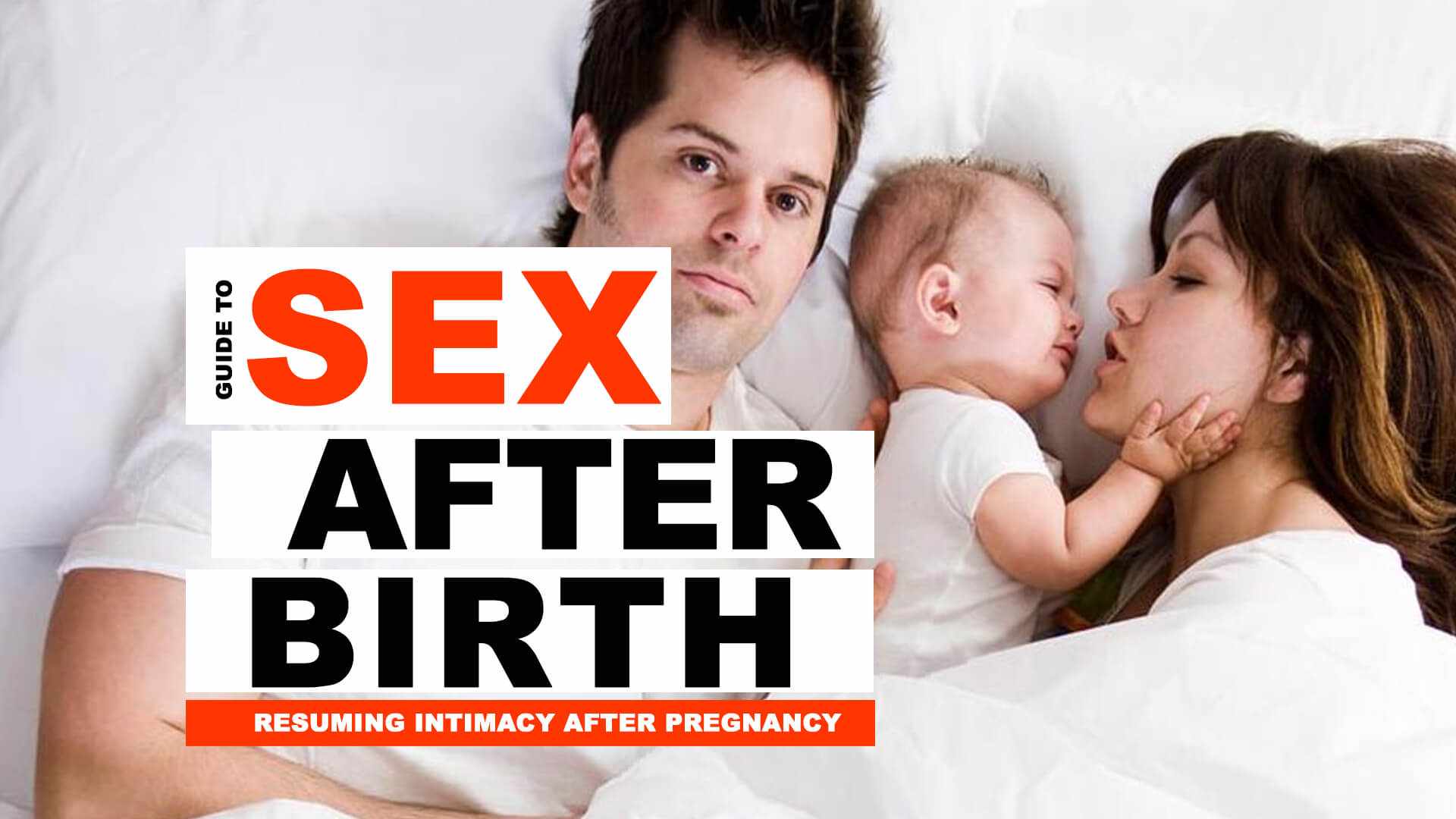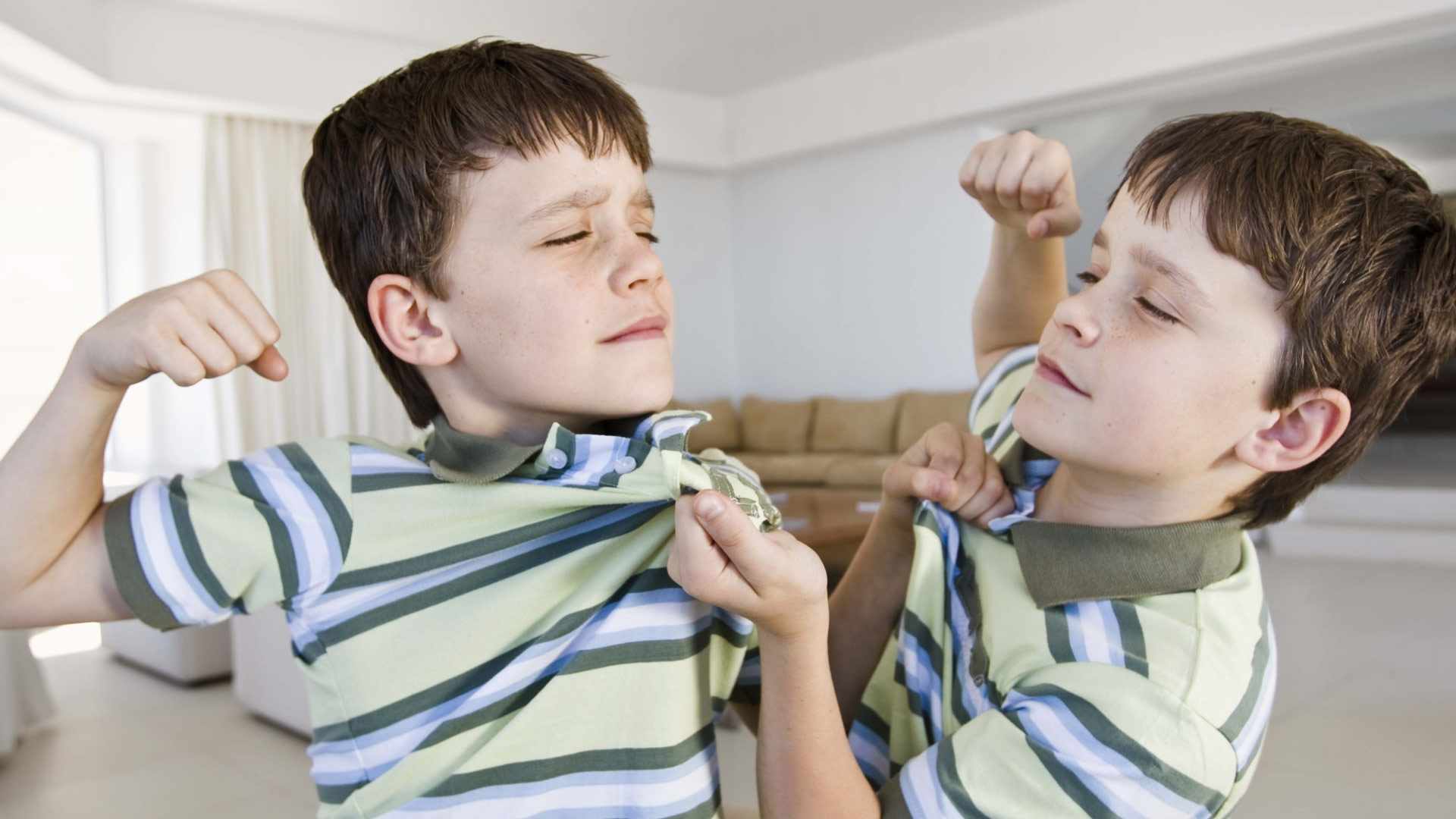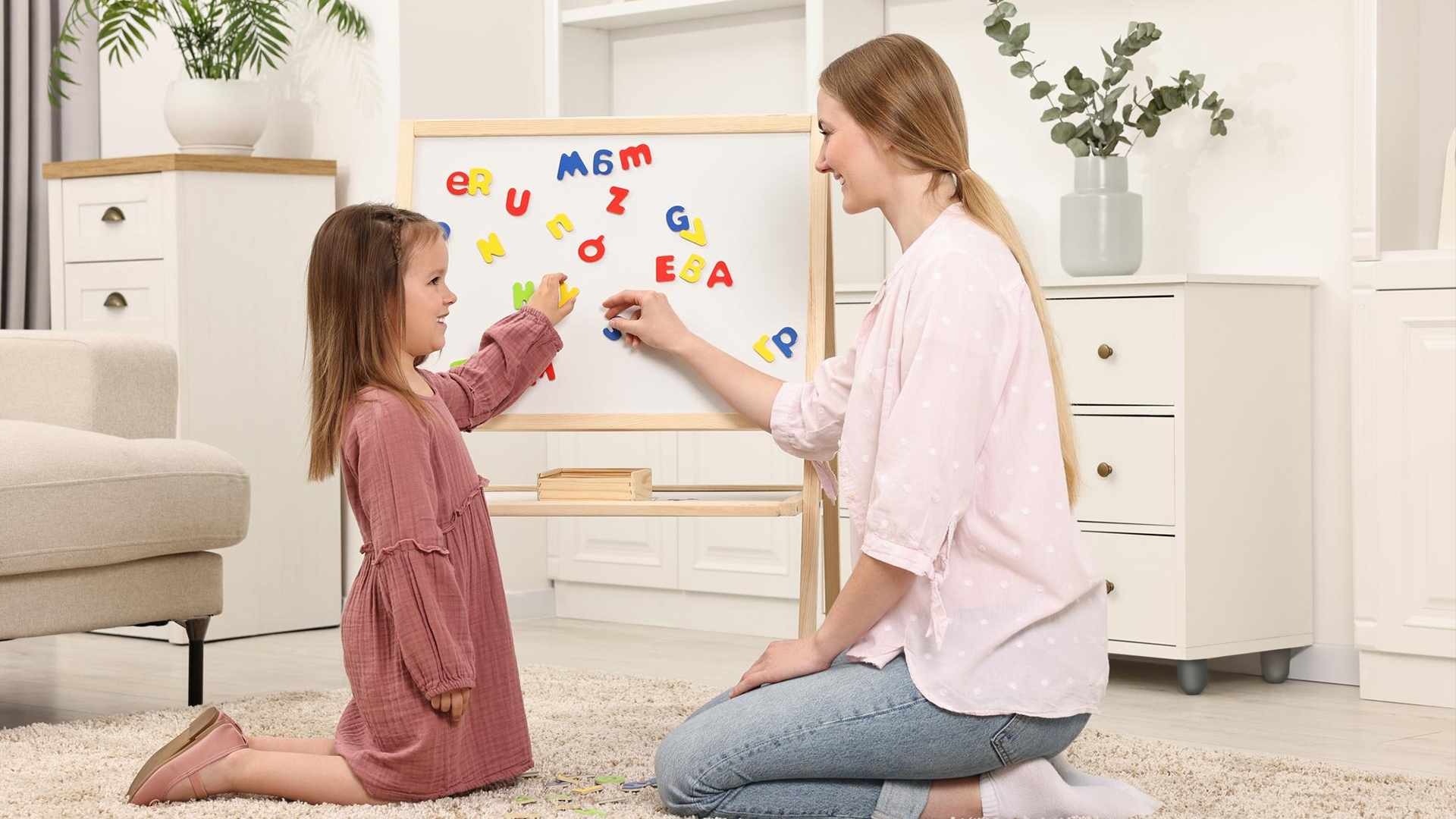Little Kids, Big Feelings


Little Kids, Big Feelings
 By Inventive Minds Kidz Academy
By Inventive Minds Kidz Academy
 Added Thu, Sep 19 2024
Added Thu, Sep 19 2024
 By Inventive Minds Kidz Academy
By Inventive Minds Kidz Academy
Added Thu, Sep 19 2024
Hey, Thanks For Subscribing!
Please check for a confirmation message and ensure you add us to a safe email list.
If you don't see a message in the next five minutes, check your spam or junk folders and mark our emails safe for next time.
See you soon!
Duplicate Email Found!
Well this is embarrassing... It looks like is already registered.
We have just sent an email to that address with a link to manage the subscription with us. If you don't see a message in the next five minutes, check the spam or junk folders, it's definitely there.
See you soon!
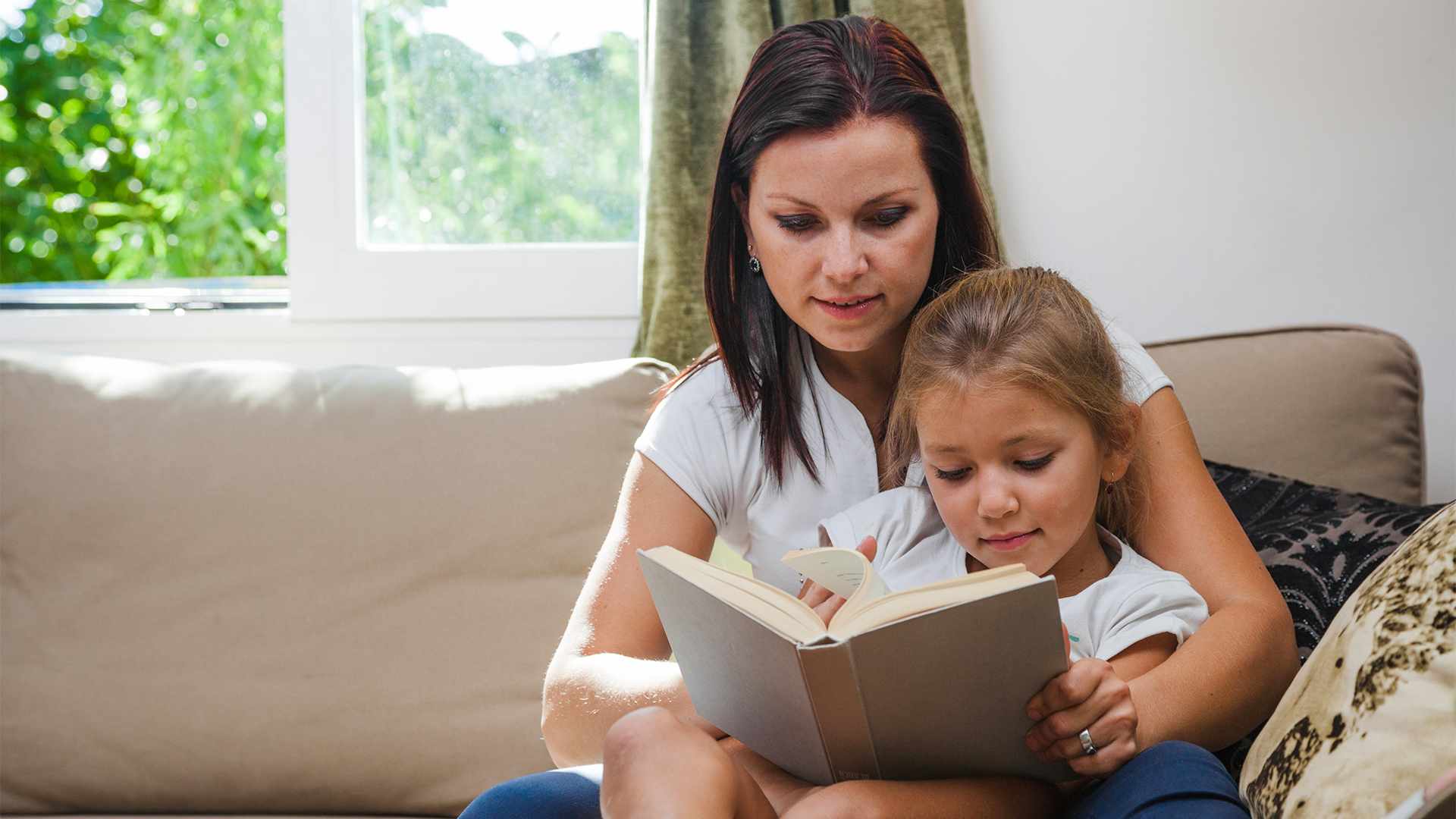
What is Emotional Regulation in Children?
Emotional regulation refers to a child's ability to identify, express, and manage their feelings. Like every aspect of development, this process begins with caregiver relationships. Attentive caregivers who consistently meet a child’s needs set the foundation for healthy emotional regulation.
Creating a safe space where a child’s voice can be heard is crucial. This means that primary caregivers must foster secure attachments within the child's daily routines and meet their emotional needs with consistency and care.
Understanding the stages of emotional development can help parents identify where their child is in the process and how to support them appropriately. The three primary stages of emotional development in children are:
- Infancy (0–12 months)
- Toddlerhood (1-3 years)
- Preschool (3-5 years)
Stages of Development
- Infancy (0-12 months)
At this stage, emotional regulation relies heavily on the caregiver. Babies look to their caregivers to soothe and regulate their emotions. Gentle touch, consistent routines, and prompt responses to their needs help create a sense of security. - Toddlerhood (1-3 years)
Toddlers are exploring independence and becoming aware of their emotions. This is a critical period where caregivers should help toddlers understand their feelings through language, such as labeling emotions. This helps the child regulate rather than react impulsively. - Preschool (3-5 years)
In the preschool years, children begin to better understand their emotions but still require support in managing big feelings. Caregivers can add educational stimulation focused on gross and fine motor skills, language development, critical thinking, and problem-solving. This stimulation helps preschoolers regulate their emotions instead of becoming overwhelmed by them.
The Role of Caregivers in Emotional Regulation
How caregivers feel and the environments they create directly impact a child’s ability to self-regulate. It’s essential for caregivers not to project their own anxious feelings onto their child's emotional needs. Instead, caregivers should model emotional regulation by staying calm and composed.
Who Are the Primary Caregivers in a Child’s Life?
- Parents
- Grandparents
- Childcare Providers
- Teachers and Schools
Tips for Fostering Emotional Regulation
To create an environment that helps children self-regulate while co-regulating with caregivers, consider the following tips:
- Use Soft Skills
- Use gentle words and soft tones.
- Engage with soft hands and non-threatening body language.
- Be Descriptive
- Use simple, descriptive language when making requests (e.g., 2-3 word sentences).
- Follow through with these requests consistently.
- Set Boundaries
- Establish clear boundaries and apply consistent consequences when those boundaries are crossed.
- If you feel overwhelmed, take a "time-in" with your child. Sit down and calmly discuss the behavior, using pictures or toys to express emotions.
Emotional Triggers and Solutions by Age
- Infants
- Infants need to feel secure. Holding them and gently rubbing their backs can soothe their needs.
- If a baby is chronically crying, it may be due to triggers such as gastroesophageal reflux, the need for holding, or the need for white noise during sleep.
- Toddlers
- Whining, crying, and tantrums are often signs of underlying feelings like hunger or tiredness.
- Evaluate how you are regulating the child’s emotions and whether their basic needs are being met.
- Preschoolers
- With preschoolers, it's important to "choose your battles" and help them express their emotions in appropriate ways.
Special Considerations: ADD and Autism
Children with ADD or Autism Spectrum Disorder may display larger emotional reactions from as early as 16 months. While clinical assessments for ADHD or ADD typically occur around age 6, children on the autism spectrum may benefit from earlier support, including behavior management strategies.
Both ADD and Autism require early intervention through Applied Behavior Analysis (ABA) and behavior management. Creating a support system early on can help manage emotional outbursts and provide children with tools to express themselves.
Support for Parents
It’s completely normal for new parents to experience highs and lows in their own emotions. If you’re feeling overwhelmed, it’s okay to ask for help. Lean on your community of friends, family, and professionals for support during this critical time.
Final Thoughts
Emotional regulation is a lifelong skill that begins in early childhood. With thoughtful support from caregivers, children can learn to manage their big feelings and develop healthy emotional habits that will benefit them throughout their lives.
If you’d like to learn more about our services and how we can help you move forward, feel free to visit us at Inventive Kidz.
Authored By:
Rose Morsh
RECE, Parenting Practitioner,
Family & Child-Inclusive Mediator,
Collaborative Law Family & Child Expert,
International Parent Coordinator & Family Mediator,
Child Voice Practitioner.
What is Emotional Regulation in Children?
Emotional regulation refers to a child's ability to identify, express, and manage their feelings. Like every aspect of development, this process begins with caregiver relationships. Attentive caregivers who consistently meet a child’s needs set the foundation for healthy emotional regulation.
Creating a safe space where a child’s voice can be heard is crucial. This means that primary caregivers must foster secure attachments within the child's daily routines and meet their emotional needs with consistency and care.
Understanding the stages of emotional development can help parents identify where their child is in the process and how to support them appropriately. The three primary stages of emotional development in children are:
- Infancy (0–12 months)
- Toddlerhood (1-3 years)
- Preschool (3-5 years)
Stages of Development
- Infancy (0-12 months)
At this stage, emotional regulation relies heavily on the caregiver. Babies look to their caregivers to soothe and regulate their emotions. Gentle touch, consistent routines, and prompt responses to their needs help create a sense of security. - Toddlerhood (1-3 years)
Toddlers are exploring independence and becoming aware of their emotions. This is a critical period where caregivers should help toddlers understand their feelings through language, such as labeling emotions. This helps the child regulate rather than react impulsively. - Preschool (3-5 years)
In the preschool years, children begin to better understand their emotions but still require support in managing big feelings. Caregivers can add educational stimulation focused on gross and fine motor skills, language development, critical thinking, and problem-solving. This stimulation helps preschoolers regulate their emotions instead of becoming overwhelmed by them.
The Role of Caregivers in Emotional Regulation
How caregivers feel and the environments they create directly impact a child’s ability to self-regulate. It’s essential for caregivers not to project their own anxious feelings onto their child's emotional needs. Instead, caregivers should model emotional regulation by staying calm and composed.
Who Are the Primary Caregivers in a Child’s Life?
- Parents
- Grandparents
- Childcare Providers
- Teachers and Schools
Tips for Fostering Emotional Regulation
To create an environment that helps children self-regulate while co-regulating with caregivers, consider the following tips:
- Use Soft Skills
- Use gentle words and soft tones.
- Engage with soft hands and non-threatening body language.
- Be Descriptive
- Use simple, descriptive language when making requests (e.g., 2-3 word sentences).
- Follow through with these requests consistently.
- Set Boundaries
- Establish clear boundaries and apply consistent consequences when those boundaries are crossed.
- If you feel overwhelmed, take a "time-in" with your child. Sit down and calmly discuss the behavior, using pictures or toys to express emotions.
Emotional Triggers and Solutions by Age
- Infants
- Infants need to feel secure. Holding them and gently rubbing their backs can soothe their needs.
- If a baby is chronically crying, it may be due to triggers such as gastroesophageal reflux, the need for holding, or the need for white noise during sleep.
- Toddlers
- Whining, crying, and tantrums are often signs of underlying feelings like hunger or tiredness.
- Evaluate how you are regulating the child’s emotions and whether their basic needs are being met.
- Preschoolers
- With preschoolers, it's important to "choose your battles" and help them express their emotions in appropriate ways.
Special Considerations: ADD and Autism
Children with ADD or Autism Spectrum Disorder may display larger emotional reactions from as early as 16 months. While clinical assessments for ADHD or ADD typically occur around age 6, children on the autism spectrum may benefit from earlier support, including behavior management strategies.
Both ADD and Autism require early intervention through Applied Behavior Analysis (ABA) and behavior management. Creating a support system early on can help manage emotional outbursts and provide children with tools to express themselves.
Support for Parents
It’s completely normal for new parents to experience highs and lows in their own emotions. If you’re feeling overwhelmed, it’s okay to ask for help. Lean on your community of friends, family, and professionals for support during this critical time.
Final Thoughts
Emotional regulation is a lifelong skill that begins in early childhood. With thoughtful support from caregivers, children can learn to manage their big feelings and develop healthy emotional habits that will benefit them throughout their lives.
If you’d like to learn more about our services and how we can help you move forward, feel free to visit us at Inventive Kidz.
Authored By:
Rose Morsh
RECE, Parenting Practitioner,
Family & Child-Inclusive Mediator,
Collaborative Law Family & Child Expert,
International Parent Coordinator & Family Mediator,
Child Voice Practitioner.
Most Talked About Posts
You May Also Like
Staff Picks
Now Trending
Our Newsletter
Duplicate Email Found!
Well this is embarrassing... It looks like is already registered.
We have just sent an email to that address with a link to manage the subscription with us. If you don't see a message in the next five minutes, check the spam or junk folders, it's definitely there.
See you soon!
Join Our Newsletter
Hey, Thanks For Subscribing!
Please check for a confirmation message and ensure you add us to a safe email list.
If you don't see a message in the next five minutes, check your spam or junk folders and mark our emails safe for next time.
See you soon!
Duplicate Email Found!
Well this is embarrassing... It looks like is already registered.
We have just sent an email to that address with a link to manage the subscription with us. If you don't see a message in the next five minutes, check the spam or junk folders, it's definitely there.
See you soon!
